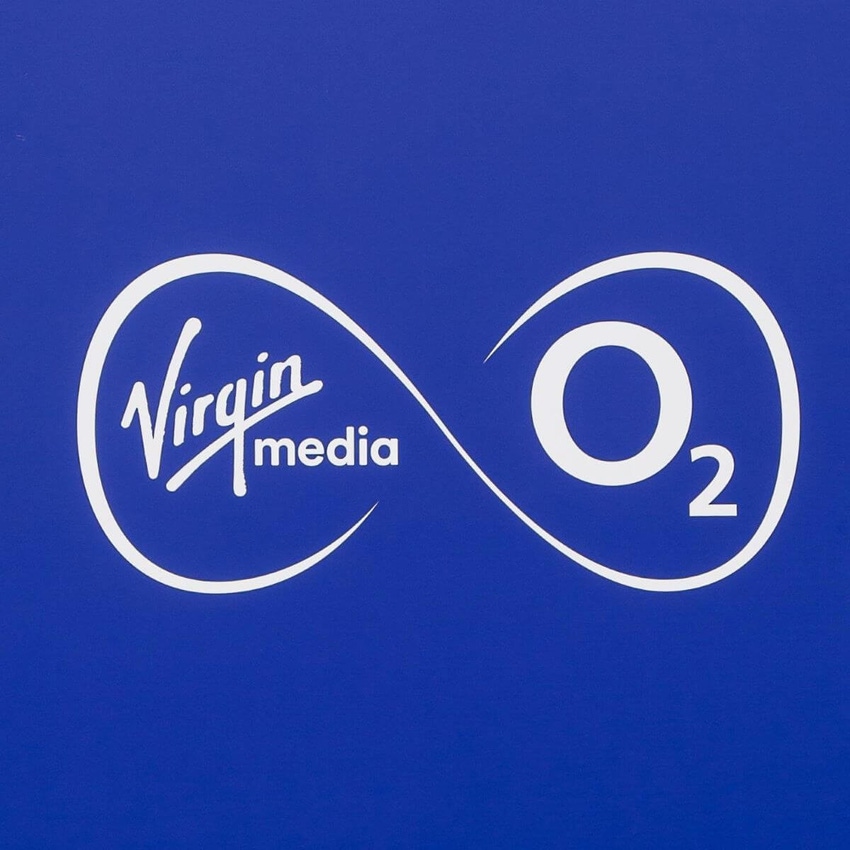VMO2 takeover of Upp leaves LetterOne feeling down
A small fiber network in the east of England has been sold to Virgin Media O2 on UK government orders.

Investment company LetterOne must have thought it had sufficiently de-Russified last year when it ejected Mikhail Fridman and Petr Aven, oligarchs linked to Vladimir Putin, from the boardroom. Yet its treatment in the UK telecom sector suggests British authorities still think it is as dangerously Russian as a Kalashnikov. In December, Rishi Sunak's government ordered it to sell Upp, a broadband company it had bought in January 2021, deeming its involvement a "risk to national security." Upp has now been acquired by Virgin Media O2 (VMO2), judged a much safer pair of hands.
One of the UK's biggest telecom players, VMO2 clearly sees opportunity in snapping up assets as it tries to challenge BT and bigger altnets (alternative operators) in full-fiber broadband. Consolidation looks overdue in what has swiftly become one of the most crowded markets in Europe. Dozens of altnets have flooded the country, with many of them targeting specific communities. As interest rates creep up, numerous players are struggling.
Figure 1:

Acquired by VMO2, the small company is building fiber in the east of England.
(Source: Virgin Media O2)
"Today's announcement could well be the first domino to fall in terms of an altnet being bought by one of the big players," said Matthew Howett, the founder and CEO of analyst firm Assembly Research, in a written note. "The UK broadband market is set to enter an era of scaled connectivity challengers, after first a period of dominance from the incumbent followed by a proliferation of altnets."
VMO2's acquisition definitely falls under the "bolt-on" rather than "transformative" label. It has not said how much it is spending in the all-cash deal, but the Financial Times reports a fee "in the high tens of millions of pounds," citing people familiar with the terms. The plan is to eventually shift ownership to Nexfibre, a VMO2 affiliate backed by Liberty Global and Telefónica, VMO2's parent, and Infravia, a private equity firm. Nexfiber has said it will invest about £4.5 billion (US$5.7 billion) in extending fiber to at least 5 million UK homes by 2026.
No overlap
This includes a £350 million ($439 million) investment to connect half a million homes in the east of England, where Upp operates. With the VMO2 transaction, Nexfiber will ultimately bag infrastructure that passes about 175,000 premises. What's unclear from the announcement is just how much work remains on connecting this infrastructure to homes. Judging by the details in that announcement, Upp today serves as few as 4,000 customers, meaning just 2.3% of homes passed subscribe to a service. The comparable take-up rate on BT's Openreach network was about 32% at the end of July.
The nice thing is the absence of much overlap between VMO2's east-of-England infrastructure and the systems that Upp has already installed. An acquisition of a company with overlapping networks would hardly support new-build objectives and would probably not be mooted unless customer numbers were much higher.
That sort of deal, however, is more likely to arouse the concern of competition authorities. By contrast, Howett doubts VMO2's takeover of Upp will attract much regulatory attention. "Harder to justify will be transactions where there is already significant overlap between networks, or where market shares are already high."
Meanwhile, some UK neighborhoods now have more overbuilt, competing networks than is thought to be commercially viable – up to five, according to some analysts. In a completely balanced market, this would leave each provider with a take-up rate of just 20%. Nokia, the world's biggest broadband equipment vendor outside China, reckons 30% is the minimum needed for acceptable long-term payback.
Other deals of a similar nature seem likely to follow in the current conditions, as Howett predicts. "Altnets are a key piece of the connectivity jigsaw, but consolidation has been inevitable as new sources of funding dry up, focus on take-up intensifies and investors increasingly demand returns."
'Unjustified'
Headquartered in Luxembourg, LetterOne (or L1) appears to have been an extremely reluctant seller. "It has been a particularly challenging year for our Technology team," said the company in its annual report for the 2022 fiscal year. "The UK Government has instructed L1 to divest Upp, our regional broadband business. We believe that this decision is unjustified and are robustly contesting it, while simultaneously having to comply with the sale process set out by Government."
What's curious is that while Fridman and Aven were both sanctioned by the European Union and the UK following Russia's invasion of Ukraine, LetterOne was not, as the company points out in its annual report. Why Upp had to be sold once Fridman and Aven were cut out of LetterOne is unclear.
But the issue does raise questions about the UK approach to VEON, a LetterOne asset that operates networks in various central Asian markets as well as Ukraine. While a big Russian business is being sold to local managers, it flagged concerns about the future possibility of EU or UK sanctions in its last annual filing with the US Securities and Exchange Commission, noting that any such moves would naturally affect its investors. In the meantime, anti-Russian sentiment appears to have worked in VMO2's favor.
Related posts:
— Iain Morris, International Editor, Light Reading
Read more about:
EuropeAbout the Author(s)
You May Also Like











